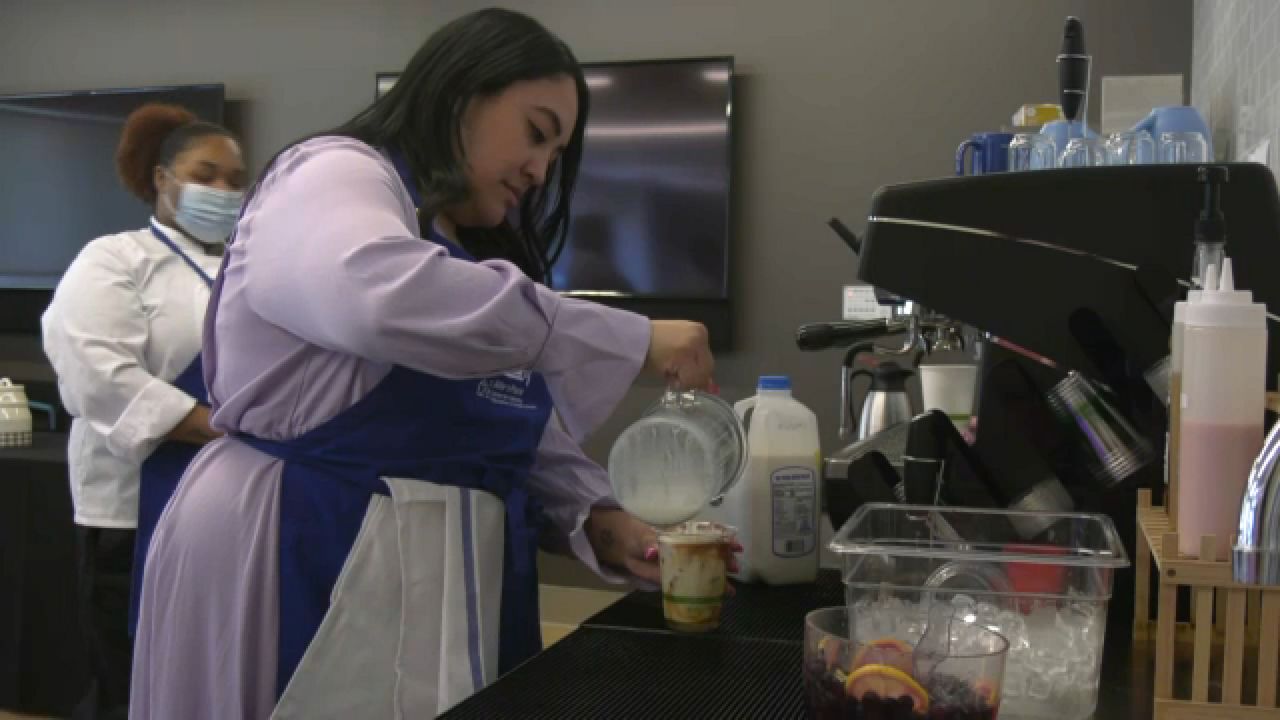When it comes to fighting off harmful bacteria like Salmonella, our immune system plays a crucial role in keeping us healthy. While various immune cells contribute to the response against potential infections, researchers are now discovering that resident T-cells may hold the key to long-term immunity against Salmonella. These cells, which are found in certain tissues of the body, not only detect invading pathogens but also help to create a memory of that pathogen so that the immune system can mount a swift response in case of future exposure. Understanding the role of resident T-cells in the immune response to Salmonella could pave the way for the development of more effective vaccines and treatments for this potentially deadly pathogen.
Researchers at the University of California Davis School of Veterinary Medicine have found that insights from mouse models of salmonella could lead to better vaccines and immunity. The study showed how memory T-cells, crucial for a vaccine that induces a powerful immune response, can be recruited into the liver in a mouse model of salmonella. Salmonella infections kill about a million people annually worldwide, and there is an urgent need for better vaccines for both typhoid fever and non-typhoidal salmonella disease.
The study, published in Proceedings of the National Academy of Sciences, found that tissue resident memory cells are key to immunity against salmonella in mice. When a pathogen enters the body, the immune system mounts a response, including CD4 T-cells which support other responses, such as antibody production by B-cells. When the infection is over, some of the cells specific to that pathogen remain as memory cells, waiting to be called rapidly into service again if the same threat returns.
In the mouse model of salmonella infection, those CD4 memory T-cells do not circulate around the body. They hunker down in the liver as tissue resident memory cells. To study the problem, an approach used by Australian researchers to study malaria was adapted.
Malaria, as another disease involving tissue resident memory cells in the liver, it was a suitable progression. The team took CD4 T-cells specific for salmonella and transferred them into mice that had never been infected with salmonella, so the researchers could study which factors would cause those T-cells to become resident memory cells in the liver. It was found that molecules that promote inflammation, especially interleukin-1 and 2, enhanced formation of salmonella-specific CD4 tissue resident memory cells in the mice. This provides a rapid-response force that can act quickly against salmonella infection.
According to Professor Stephen McSorley, the basic science results will help researchers in designing new vaccines for salmonella. A successful vaccine would need to promote conditions to form these cells, without causing liver inflammation. Salmonella infections are a major public health concern worldwide, and the development of new, improved vaccines is crucial to reducing the burden of this disease.
In conclusion, resident T-cells play a crucial role in providing immunity against salmonella infections. Their ability to establish a long-term memory response ensures that the body is equipped to fight off future infections. This discovery could pave the way for the development of more effective vaccines and treatments for salmonella infections. Understanding the mechanisms behind immunity can help us create a healthier, safer world for all. So the next time you enjoy a delicious dose of salmonella-free food, remember to thank your resident T-cells!

